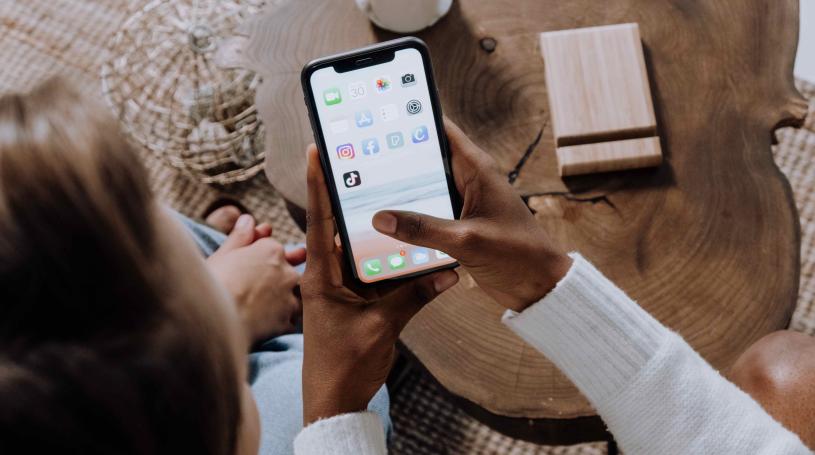The TikTok Phenomenon: Unraveling the success among today's youth
"Why is TikTok so popular among the younger generation?" This is a question I was recently asked and it made me realise that, while many are using the app, most don't understand its origin, what makes it successful and why it is so popular with the younger audience.
Let's go back to 2014 when a unique app launched by Chinese entrepreneurs Alex Zhu and Luyu Yang offered users a space to create short videos synced to popular songs. The app quickly gained traction, captivating young users under the age of 20 years old with its user-friendly interface and creative possibilities.
It became a platform for self-expression and showcased the immense talent and creativity of its users.
This app was called Musical.ly!
According to Vox Media, a Beijing-based tech company ByteDance, which owned TikTok, acquired Musical.ly for $1 billion in 2017.
This move proved instrumental in TikTok's rise to prominence as ByteDance saw an opportunity to merge the strengths of Musical.ly with their existing app, TikTok, which focused on short-form video content.
This strategic move created a unified platform, enhancing TikTok's user base and content offerings by absorbing Musical.ly's vast user base which included user accounts, followers, and content history, ensuring continuity for Musical.ly's dedicated community.
This integration resulted in a diverse and vibrant user base that embraced the new features and creative potential offered by TikTok.
The merger brought forth several enhancements to TikTok, expanding its creative possibilities. Augmented reality effects, a vast music library, and sophisticated filters enriched the user experience. TikTok's refined content recommendation algorithm enabled users to discover captivating content and engage with a broader community.
These features sparked viral trends, dance challenges, and lip-sync performances, fostering a sense of camaraderie and creative expression among users.
TikTok's success can be attributed to its ability to capture and reflect current cultural trends. The platform has become a hub for global creativity, with users from various backgrounds sharing their unique perspectives. Its localized content and personalized recommendations have played a significant role in its global appeal, allowing users to connect and find common ground across borders.
Furthermore, TikTok's algorithm does not favor a user's following for virality as done with other social media platforms where, if you had a big following, you have a bigger chance of going viral.
Instead, TikTok created the "For You" page where the algorithm places a strong emphasis on engagement metrics, such as likes, comments, and shares. The more users interact with a video, the more likely it is to be shown to a wider audience, which means that a video with a smaller following can still go viral if it manages to capture the attention and engagement of viewers.

